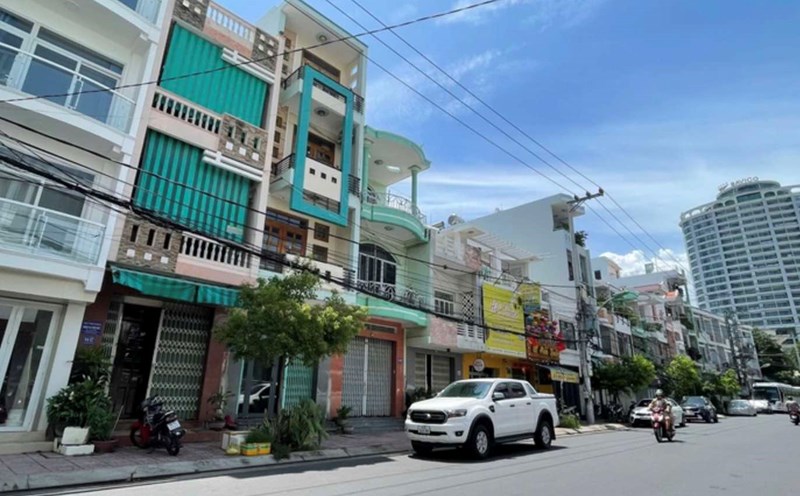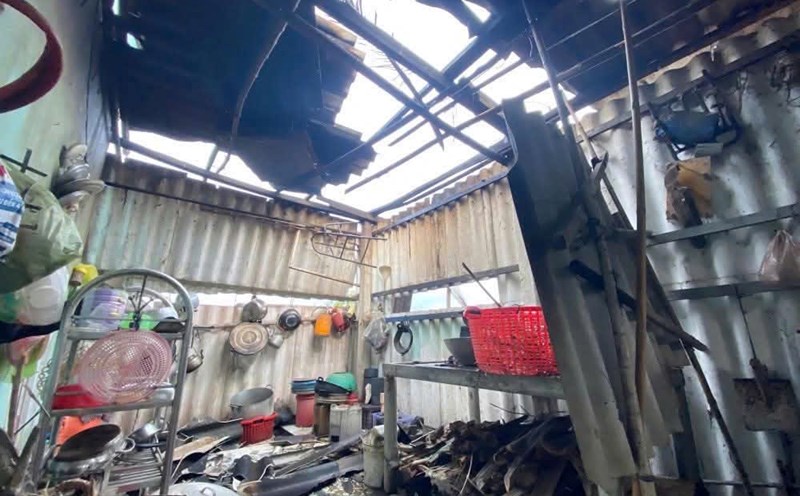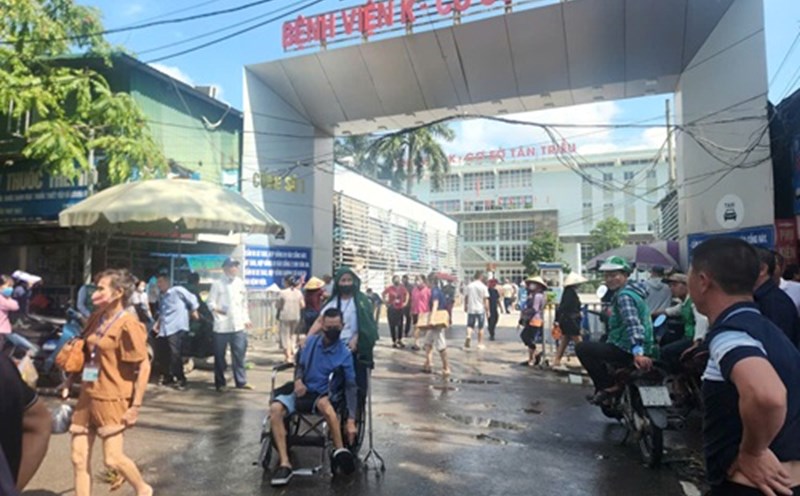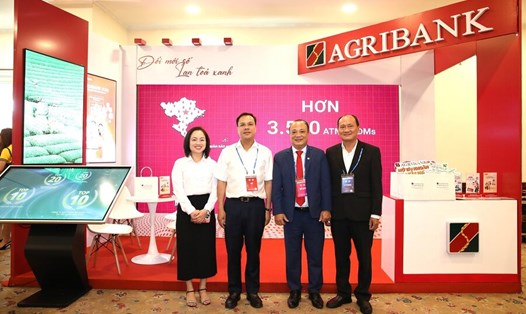Recently, Agribank has issued an Action Program to concretize Resolution 68-NQ/TW dated May 4, 2025 of the Politburo, Decision 2415/QD-NHNN and Decision 2416/QD-NHNN dated June 25, 2025 of the State Bank of Vietnam (SBV) on implementing tasks on private economic development. The action program is a compliance with the instructions of the Government and the State Bank and at the same time demonstrates the determination of a national financial institution in turning macro policies into practical resources, supporting businesses in sustainable development.
Institutional reform, improving implementation efficiency
The strategic action program aims to concretize Resolution 68-NQ/TW dated May 4, 2025 of the Politburo and Decisions 2415/QD-NHNN and 2416/QD-NHNN dated June 25, 2025 of the State Bank on private economic development (Prame), first of all focusing on building a solid foundation from within the Agribank system. The goal is to thoroughly grasp, institutionalize and create consensus in the entire system about the goals and solutions of Resolution 68, associated with a business plan and clearly assign responsibilities to each unit and each individual.
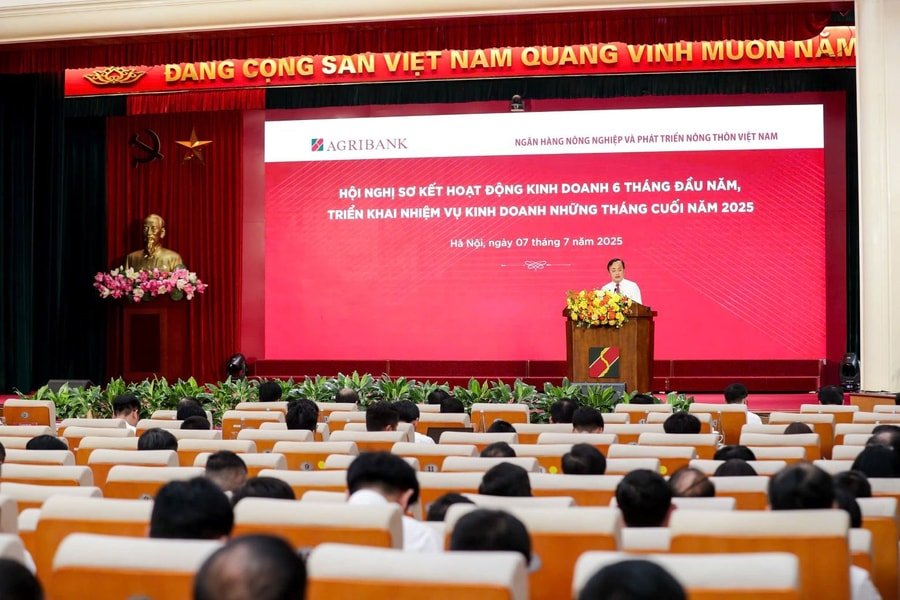
The breakthrough in this action direction is the commitment to institutional reform and streamlining administrative procedures. Agribank aims to reduce at least 30% of the time for handling procedures, 30% of compliance with legal fees and 30% of unnecessary business conditions by the end of 2025. The bank will review, amend and eliminate unreasonable requirements, creating favorable conditions for businesses to access capital.
At the same time, Agribank is promoting digital transformation to make the process transparent. The application of automation, big data and artificial intelligence helps reduce manual operations, speed up file processing and improve appraisal quality. AI algorithms analyze thousands of data from transactions and cash flow to make more accurate decisions, reduce risks for banks and remove barriers for startups.
To ensure feasibility, Agribank has increased monitoring and periodic reporting, promptly removed obstacles, and turned reform commitments into specific actions.
Promoting green credit and innovation
The next key content shows a commitment to directly supporting private enterprises. Agribank clearly identifies the priority subjects as small and medium enterprises, startups, value chain enterprises and green transformation projects, digital transformation is also implementing the criteria on ESG and sustainable development that the bank has implemented. Agribank not only provides capital but also designs credit products suitable for each industry, especially high-tech agriculture, agricultural processing, and supporting industries.
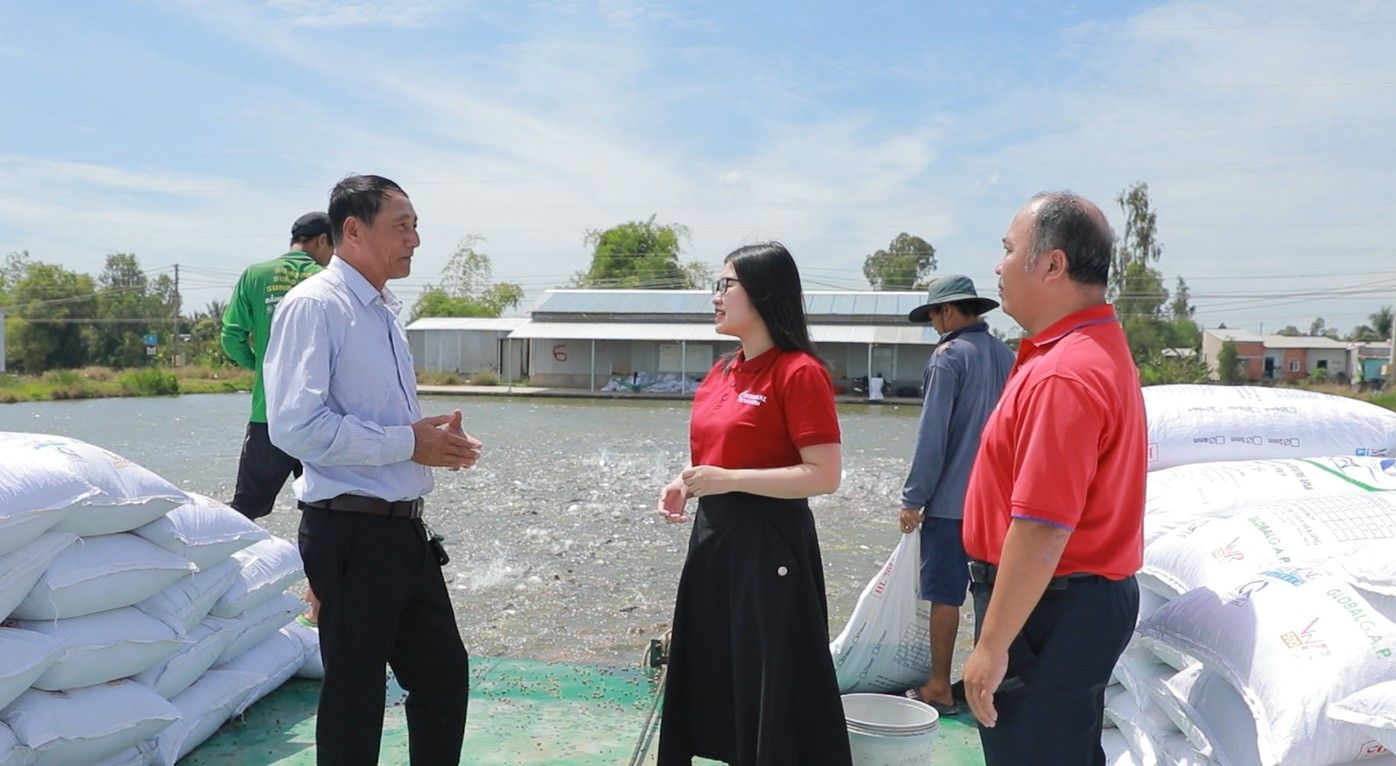
Regarding the lending mechanism, Agribank encourages the use of production and business plans, cash flow and assets formed in the future, reducing dependence on traditional mortgages. The bank completes the guarantee mechanism, support funds and expands cooperation with financial institutions to increase capital for SMEs.
A strategic highlight is green credit and the ESG criterion is considered the spearhead of action. Agribank builds preferential credit packages for green projects, projects that comply with environmental, social and governance standards, contributing to helping businesses transform production towards sustainability.
In addition, Agribank focuses on improving the capacity of businesses through training credit officers, supporting governance, connecting the market, thereby improving capital absorption capacity, reducing bad debts and creating long-term partnerships.
Connecting value chains and comprehensively expanding finance
The strategic action program aims to concretize Resolution 68-NQ/TW of the Politburo on private economic development focusing on expanding influence, making Agribank an important link in the business ecosystem. The bank prioritizes funding projects under the value chain and supply chain in the fields of agriculture, agricultural processing, and export, in order to create a close network of linkages between private enterprises, state-owned enterprises and FDI investors, and improve capacity to participate in the global value chain.
Agribank takes advantage of a wide network to develop savings products, digital payment services, microfinance and product packages for young entrepreneurs, women, ethnic minorities, and people in remote areas, contributing to promoting financial inclusion and balanced development.

The bank also coordinates data sharing with tax authorities, industry associations and innovation centers to assess credit based on actual data, opening up opportunities to deploy forms of lending based on transactions, invoices or digital platforms, methods suitable for young businesses and startups. To ensure transparency and accountability, Agribank conducts periodic reports on the progress of implementing priority credit packages, interest rate support mechanisms and ESG-related indicators, creating conditions for the Government, the State Bank and relevant parties to evaluate the effectiveness.
It can be seen that the action program to implement Resolution 68-NQ/TW and the decisions of the State Bank is a roadmap to convert the policy into specific implementation steps in the Agribank system. Through three main axes of institutional reform and improving implementation efficiency; promoting green credit and innovation; connecting value chains and comprehensively expanding finance, Agribank aims to accompany businesses to build a sustainable and integrated private economy.

